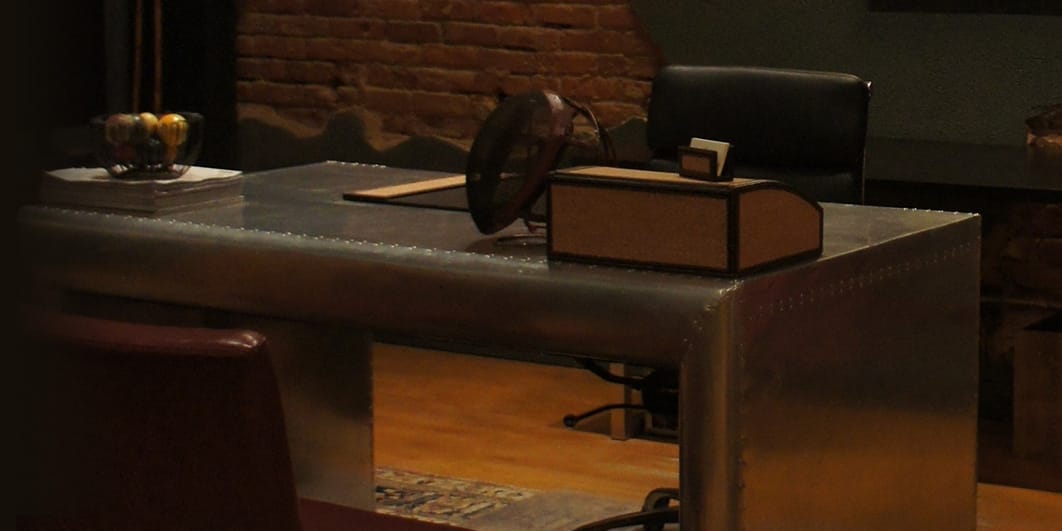Drunk driving charges can send the accused driver’s life into tumult almost immediately. Because accused drivers are facing potential criminal and administrative penalties, and a potentially sweeping impact on their personal and professional lives, they should be familiar with some common ways of defending against drunk driving charges.
The traffic stop was improper
Police officers have to follow certain rules when making a traffic stop. Police officers can only make a traffic stop if they suspect some criminal activity is occurring which means that the police officer needs a reason to pull the driver over. They must witness the driver speeding, swerving or failing to come to a complete stop, as examples, to legally pull them over. The evidence being used against the accused driver may not be admissible if the police officer pulled them over without reasonable suspicion of criminal activity to do so.
The field sobriety or breathalyzer test was improperly administered
Police officers must be properly trained to administer a field sobriety test or breathalyzer test. If they are not properly trained to do so, or fail to follow their training when administering a field sobriety test or breathalyzer test, the test results may be dismissed.
The test results are inaccurate
If police officer incorrectly administers a breath test or chemical test, the accuracy of the test results may be called into question. Specific procedures concerning the maintenance and chain of custody of chemical tests must be followed. There are other ways that field sobriety tests and breathalyzer tests can also be flawed that accused drivers should be familiar with.
Drunk driving defenses are essential to be familiar with when drivers are accused of driving under the influence. Drunk driving defenses may be the only thing standing in between the accused driver and the penalties associated with a DWI.


